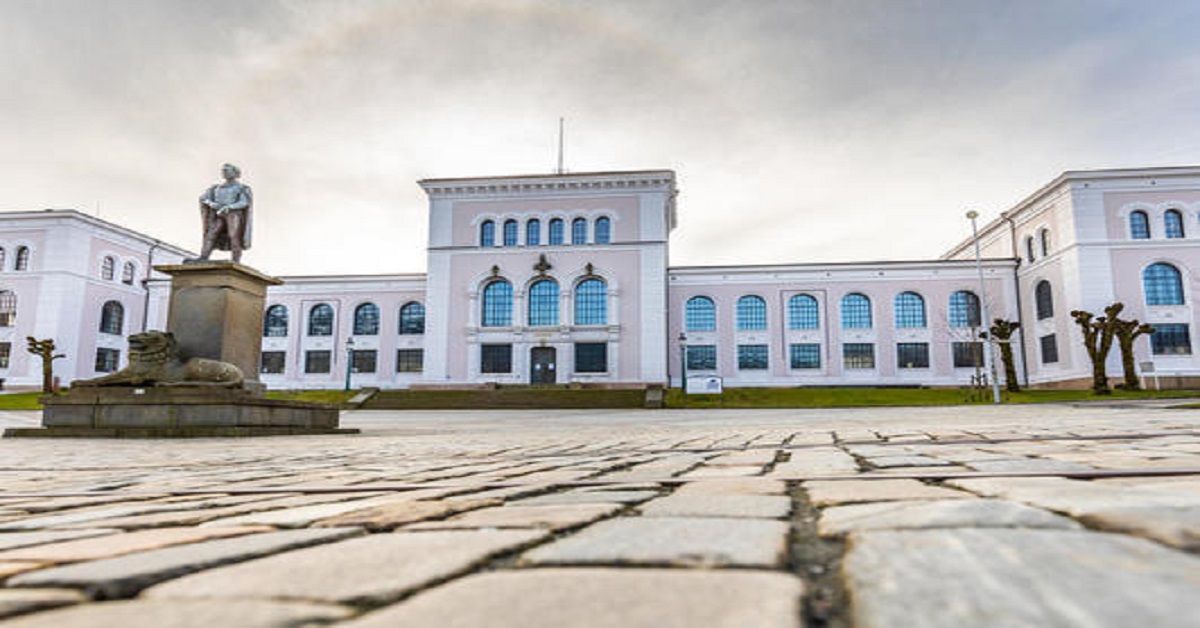There is a vacancy for a PhD position at the Department of Comparative Politics , Faculty of Social Sciences. The position is for a fixed-term period of 4 years, of which 25% will be dedicated to teaching, supervision and administrative tasks at the Department.
The Department of Comparative Politics is a research-intensive department offering an exciting place for research and education on political institutions, organizations, processes, and behaviour at local, national, and international levels. The Department offers bachelor's and master’s programmes in comparative politics, as well as a bachelor's programme in European studies. Research at the department is organized in three research groups: Challenges in Advanced Democracies; Democracy and Development; and Citizens, Opinion and Representation.
Qualifications and personal qualities:
The applicant must hold a master's degree or the equivalent in comparative politics or political science. The degree has to be completed by the application deadline
The requirements are generally a grade B or better on the master thesis and for the master’s degree in total
As an applicant you should be able to work independently, have a considerable work capacity as well as an enthusiasm for research
Shortlisted candidates will be invited to the department for an interview.
The teaching language is Norwegian and English.
About the PhD position
The duration of the PhD position is 4 years, of which 25 per cent of the time comprises obligatory duties associated with research, teaching and dissemination of results. The employment period for the successful candidate may be reduced if he or she previously has been employed in a PhD position.
About the PhD training:
As a PhD research fellow, you will take part in the PhD programme at the Faculty of Social Sciences, UiB. The programme corresponds to a period of three years and leads to the PhD degree. To be eligible for admission you must normally have an educational background corresponding to a master’s degree with a scope of 120 ECTS credits, which builds on a bachelor’s degree with a scope of 180 ECTS credits (normally 2 + 3 years), or an integrated master’s degree with a scope of 300 ECTS credits (5 years). Master’s degrees must normally include an independent work of a minimum of 30 ECTS credits. It is expected that the topic of the master’s degree is connected to the academic field to which you are seeking admission.
We can offer:
Salary at pay grade 54 upon appointment (Code 1017) on the government salary scale (equivalent to NOK 491 200 per year). Further promotions are made according to length of service in the position
A good and professionally stimulating working environment
Enrolment in the Norwegian Public Service Pension Fund
Good welfare benefits
Your application must include:
A cover letter including a brief account of your research interests and motivation for applying for the position
The names and contact information for two reference persons. One of them must be the main advisor for the master's thesis or equivalent thesis
Project proposal
CV
Transcripts and diplomas showing completion of the bachelor's and master's degrees.
Relevant certificates/references
A list of academic publications
Academic publications that you want to submit for assessment (including your master’s thesis or equivalent)
If you have a master's degree from an institution outside of the Nordic countries, or a 2-year discipline- based master's degree (or the equivalent) in a subject area other than the one associated with the application, you may later in the application process be asked to submit an overview of the syllabus for the degree you have completed
The project proposal of 5-8 pages must accompany the application. The proposal should present the topic, the research question(s) and choice of theory and methods. The proposal should also include a progress plan for the different parts of the project. Admittance to the PhD programme will be based on the research proposal.
The application and appendices with certified translations into English or a Scandinavian language must be uploaded at Jobbnorge following the link on this page marked “Apply for this job”.
Closing date: September 5., 2021. The application has to be marked case no. 21/7710
Applications submitted without a project description or applications sent as e-mails will not be considered. Only submitted documents will be subjected to an expert assessment.
General information:
Detailed information about the position can be obtained by contacting Head of Department Leiv Marsteintredet, phone +47 55 58 30 42
Practical questions regarding the application procedures should be directed to Adviser – HR, Hanne Cappelen.
Appointed research fellows will be admitted to the PhD programme at the Faculty of Social Sciences. Questions about the programme may be directed to Adviser - PhD, Hanne Gravermoen.
The state labour force shall reflect the diversity of Norwegian society to the greatest extent possible. People with immigrant backgrounds and people with disabilities are encouraged to apply for the position.
The University of Bergen applies the principle of public access to information when recruiting staff for academic positions.
Information about applicants may be made public even if the applicant has asked not to be named on the list of persons who have applied. The applicant must be notified if the request to be omitted is not met.
The successful applicant must comply with the guidelines that apply to the position at all times.
For further information about the recruitment process, click here.
Apply


